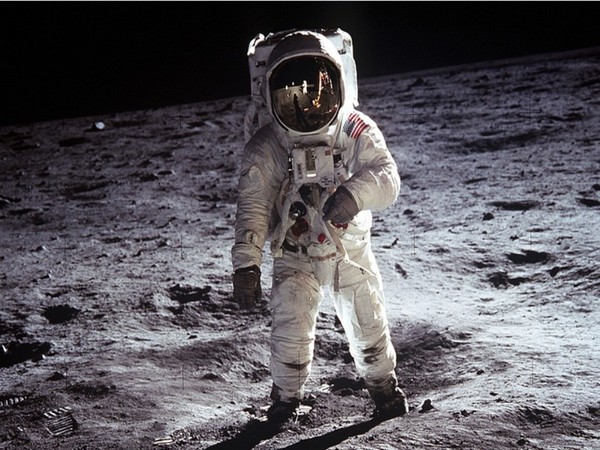Science News Roundup: First private astronaut mission to space station readies for launch; Gigantic Jupiter-like alien planet observed still 'in the womb' and more
Gas giants are planets, like our solar system's largest ones Jupiter and Saturn, composed mostly of hydrogen and helium, with swirling gases surrounding a smaller solid core. First private astronaut mission to space station readies for launch The International Space Station (ISS) is set to become busier than usual this week when its crew welcomes aboard four new colleagues from Houston-based startup Axiom Space, the first all-private astronaut team ever flown to the orbiting outpost.

Following is a summary of current science news briefs.
Gilead's remdesivir fails to show benefit in European trial; no fetus risk seen with first trimester vaccination
The following is a summary of some recent studies on COVID-19. They include research that warrants further study to corroborate the findings and that has yet to be certified by peer review. Two promising drugs for COVID-19 fail to deliver
Gigantic Jupiter-like alien planet observed still 'in the womb'
Scientists have observed an enormous planet about nine times the mass of Jupiter at a remarkably early stage of formation - describing it as still in the womb - in a discovery that challenges the current understanding of planetary formation. The researchers used the Subaru Telescope located near the summit of an inactive Hawaiian volcano and the orbiting Hubble Space Telescope to detect and study the planet, a gas giant orbiting unusually far from its young host star. Gas giants are planets, like our solar system's largest ones Jupiter and Saturn, composed mostly of hydrogen and helium, with swirling gases surrounding a smaller solid core.
First private astronaut mission to space station readies for launch
The International Space Station (ISS) is set to become busier than usual this week when its crew welcomes aboard four new colleagues from Houston-based startup Axiom Space, the first all-private astronaut team ever flown to the orbiting outpost. The launch is being hailed by the company, NASA and other industry players as a turning point in the latest expansion of commercial space ventures collectively referred to by insiders as the low-Earth orbit economy, or "LEO economy" for short.
(With inputs from agencies.)
ALSO READ
Tech and Commodities Lead Steady European Market Start
European Regulators Crack Down on Big Tech's Antitrust Practices
European Markets Tread Cautiously Amidst Tech and Commodity Gains
U.S.-Russia Peace Talks Stalled Amid European, Ukrainian Concerns
Zelenskiy Pushes for Broader European Consultations










